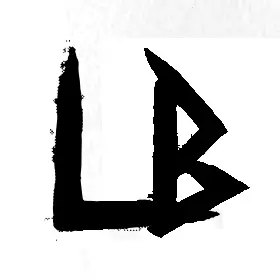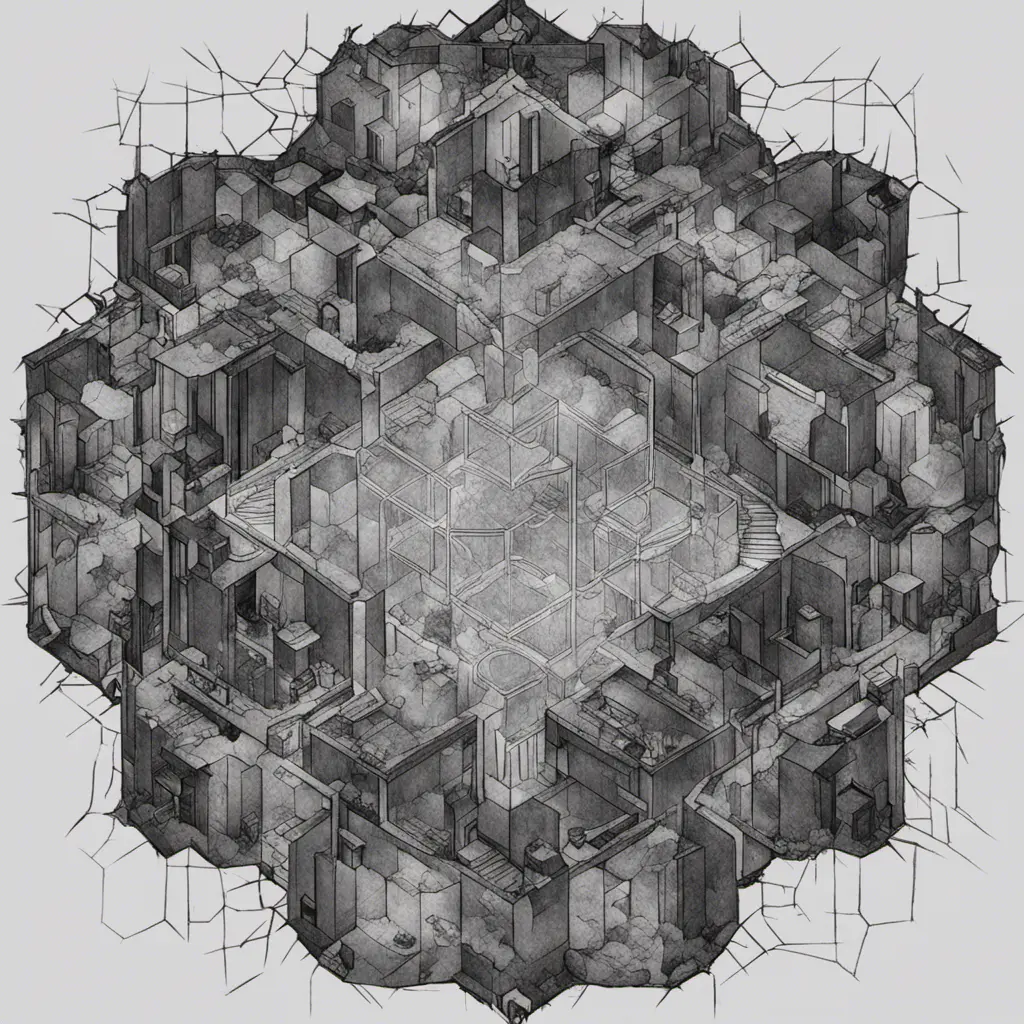It should first be noted that the communization milieu is indeed European in origin and largely does not address our settler-colonialist reality in the so-called Americas. Its largely European writers are conceptualizing from a different context than we live under in the so-called Americas (& other colonized lands).
Then why do we still talk about communization?
[…]
We can think about communization and decolonization as two aspects of the same weather system. Communization would attack the capitalist social relations which exist on occupied land, but clearly it would not go far enough. We’re writing from occupied Tongva territory, known by its original name Tovaangar, and to merely create communism (anarchy) and make no attempt to restore native lands to their original inhabitants would (once again) not be communism at all. Decolonization (anti-colonialism) reminds us that there is more to be done.
The coupling of communization & decolonization recognizes, especially with ever-intensifying climate change, that settlers do not deeply, or even superficially, understand the deep natural history of the land they are on. Here in so-called Los Angeles we are constantly facing the increasing danger of massive wild fires. But wild fires are an ancient part of this landscape. The ecology of the landscape made famous, via its mass particularization, around the world depends on fire for its rejuvenation. What has caused an increase of danger for humans is not just climate change bringing less rain and hotter weather, but also the fact that unmitigated capitalist development has made it profitable to build in places which would previously burn with little effect on human life: hilltops, in mountain forests, etc.
The link wasn’t working for me, so I reconstructed it out of the error I was getting: https://ineditas.noblogs.org/post/2024/02/29/decolonization-communization/
Not sure if this is a bug in my client or if other folks are having the same problem.
Thanks for posting this.


